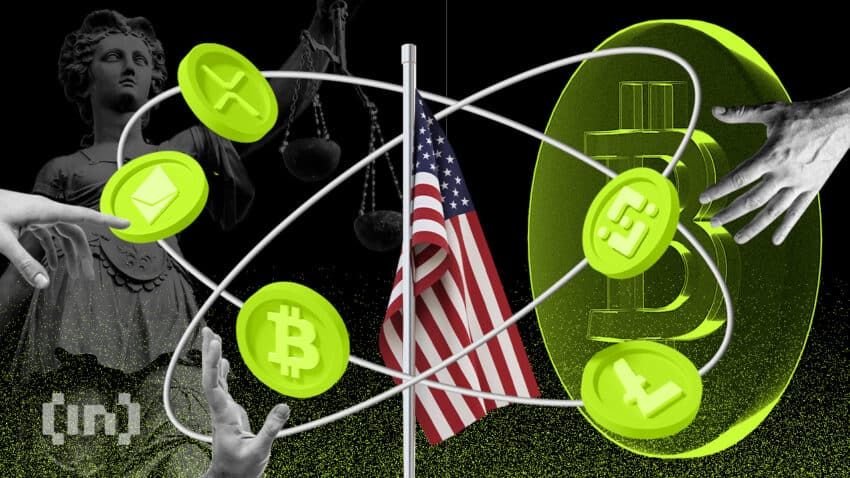The US Federal Deposit Insurance Corporation (FDIC) has accused OKCoin of deceiving US customers that nondeposit accounts are insured.
The FDIC ordered OKCoin to take corrective action or cease and desist after it allegedly violated Section 18(a)(4) of the Federal Deposit Insurance Act.
OKCoin Must Take Down False Advertising Material
OKCoin allegedly claimed a specific blockchain was approved by the FDIC and that US customers could benefit from federal insurance without specifying whether these referred to crypto or fiat.
Further, the company apparently failed to disclose which Insured Depository Institutions held customer funds.
The banking regulator alleged,
Under Part 328, no person may represent or imply that any uninsured financial product is insured or guaranteed by the FDIC as part of an advertisement, solicitation, or other publication or dissemination.
The watchdog ordered the exchange to take down claims that the FDIC insures OKCoin and non-deposit products beyond its obligations in the FDI Act. OKCoin must also remove material from websites and applications claiming the FDIC’s approval of specific blockchains. The firm must also desist from future false statements about FDIC insurance.
OKCoin must submit written confirmation of its compliance within 15 days.
The FDIC, Federal Reserve, and Office of the Comptroller of the Currency jointly regulate the US banking sector.
Read here about how US banking regulators tried to kill the crypto industry earlier this year.
Crypto venture capitalist Nic Carter argued earlier this year that US regulators conspired to stifle the US crypto industry.
US Regulators Crowd Crypto Firms
Gemini customers earlier this year riled the exchange after discovering the FDIC did not insure their Earn funds. Gemini’s terms and conditions suggested their money was “eligible for FDIC insurance.”
The FDIC bailed out Signature Bank and Silicon Valley Bank earlier this year after both underwent a bank run. SVB held reserves backing Circle’s USDC stablecoin.
Regulators targeted Coinbase this year for failing to register as a broker-dealer and depriving customers of legal investor protections. The lawsuit came despite the US government using the exchange to store crypto.
International exchange Kraken pulled its staking product from the US after the US Securities and Exchange Commission charged it with offering unregistered securities. US regulators have also similarly charged Binance.
The SEC has mostly ignored pleas for clearer crypto regulation.
For BeInCrypto’s latest Bitcoin (BTC) analysis, click here.
Disclaimer
In adherence to the Trust Project guidelines, BeInCrypto is committed to unbiased, transparent reporting. This news article aims to provide accurate, timely information. However, readers are advised to verify facts independently and consult with a professional before making any decisions based on this content. Please note that our Terms and Conditions, Privacy Policy, and Disclaimers have been updated.


